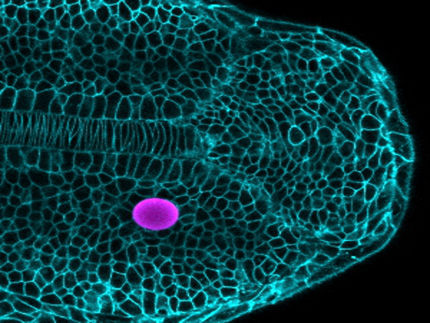NIGMS funds new stem cell centers
Focus on basic biology, training scientists
Advertisement
The National Institute of General Medical Sciences (NIGMS) has funded three new Exploratory Centers for Human Embryonic Stem Cell Research. These centers, which will receive an estimated $9 million over three years, join three others that the institute funded in September 2003. All of the centers are limited to using federally approved stem cell lines listed on the National Institutes of Health Human Embryonic Stem Cell Registry.
Each center will establish a core facility to support and train scientists and to define the growth conditions and molecular characteristics required for maintaining human embryonic stem cells in an undifferentiated state. Scientists at the centers also will work on specific pilot projects to advance fundamental knowledge of human embryonic stem cell properties and functions.
Mount Sinai School of Medicine in New York City (Gordon Keller, Ph.D., principal investigator)--$965,150 for the first year of funding to study the growth, differentiation and genetic alteration of human embryonic stem cells. The group will focus on developing methods to genetically modify stem cells and will study the molecular signals that cause them to differentiate into red blood cells.
Albert Einstein College of Medicine in New York City (Eric Bouhassira, Ph.D., principal investigator)--$965,032 for the first year of funding to study how specific proteins control the growth and differentiation of human embryonic stem cells. The team will also analyze genetic networks and study DNA replication and gene expression in stem cells.
The Burnham Institute in La Jolla, California (Evan Snyder, M.D., Ph.D., principal investigator)--$1,060,699 for the first year of funding to study the molecular signals that enable stem cells to self-renew and specialize, develop a novel imaging technology to study the cells in real time, and improve methods for the cells' growth and maintenance. The group will also lead training courses for other scientists.
In addition to funding the six center grants, NIGMS supports individual grants and grant supplements to advance stem cell research.























































